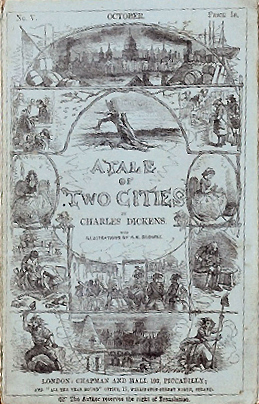Dear Misfits,
We entered into the Christmas Season with a meeting devoted to the birth of the Christ Child and to our becoming like the Christ Child. The meeting began with a discussion of T. S. Eliot's perplexing poem, "The Journey of the Magi". We generally concluded that the plot of the poem was not difficult to understand but the sheer depth of the symbolism Eliot packed within the story of the Magi is another matter altogether. We recognized references to small bits of Shakespeare and several specific Bible passages. We found that a rough grasp of the poem wasn't all that difficult. However, reading it for a deep understanding of all that it contains is another matter. As an example, for the Magi, "this Birth was hard and bitter agony for us" because the Magi could foresee, in the birth of the Christ Child, the loss of their traditions to the impending Christianity that would transform "the old dispensation" of their faith and gods. It is also necessary to mention that this is the first poem Eliot wrote after his conversion. Elements of the poem do reflect his conversion but also show lingering doubts as to the full meaning of Christ's birth and resurrection.
Our discussion then shifted to Hans Urs von Balthasar's book, Unless You Become Like This Child. The central theme of the book is a very deep, theological examination of the meaning of Christ's statement, "Amen I say to you: Whoever does not receive the Kingdom of God like a child will not enter into it." (Mark10:15) It is the last book von Balthasar wrote before his death in 1988. The book is a moving, profound meditation on the theme of spiritual childhood. In the book, von Balthasar's presents his conviction that the central mystery of Christianity is our transformation from world-wise, self-sufficient "adults" into abiding children of the Father of Jesus by the grace of their Spirit. The book is theologically dense in the beginning (the first three chapters) and somewhat difficult to read and understand. Then, the book shifts to examine this core statement on the meaning of Christianity: "Only the Christian religion, which in its essence is communicated by the eternal child of God, keeps alive in its believers the lifelong awareness of their being children, and therefore of having to ask and give thanks for things. Jesus does not insist on this 'say please', 'say thank you', because the gifts would otherwise be refused, but in order that they may be recognized as gifts." And the greatest of the gifts we can be given, is the gift of Faith.
Before we concluded our meeting, we discussed a "Bookplate" for the Misfits. We were greatly inspired by the beautiful bookplate the St. Agnes Misfits designed. Misfit Nick Markell has agreed to design ours....and would like any input you can give him on what our Misfit bookplate should represent/reflect. We are also interested in creating a motto for our reading group. Once we have a motto, Misfit Brad Lindberg will render it in Latin. One initial proposal is "We read, therefore we are". Can we do better than that? Let me hear from you.
Our Future Books:
Our novel for January is Heart of Darkness by Joseph Conrad. In 1998, the Modern Library ranked Heart of Darkness as the sixty-seventh of the hundred best novels in English of the twentieth century. I think it will be a good novel to begin our new year of reading.
Our book for February is The Seven Story Mountain by Thomas Merton. I remember reading Merton's story of his conversion many years ago and thinking that this could be a novel. It is a fascinating read and one of the most "accessible" conversion stories ever written. (My opinion!)
Then in March, we will read Letters of Flannery O'Conner: The Habit of Being. This from a New York Times review: “To compare her with the great letter writers in our language may seem presumptuous and would have elicited from her one of her famous steely glances, but Byron, Keats, Lawrence, Wilde and Joyce come irresistibly to mind: correspondence that gleams with consciousness.”
Finally to remind: Our next meeting will be on Wednesday, January 13, 2016, at 7:00 pm, in the St. Thomas More Library, The Church of St. Michael, Stillwater, MN.
In the Light of Christ,
Misfit Buzz
.jpg)








